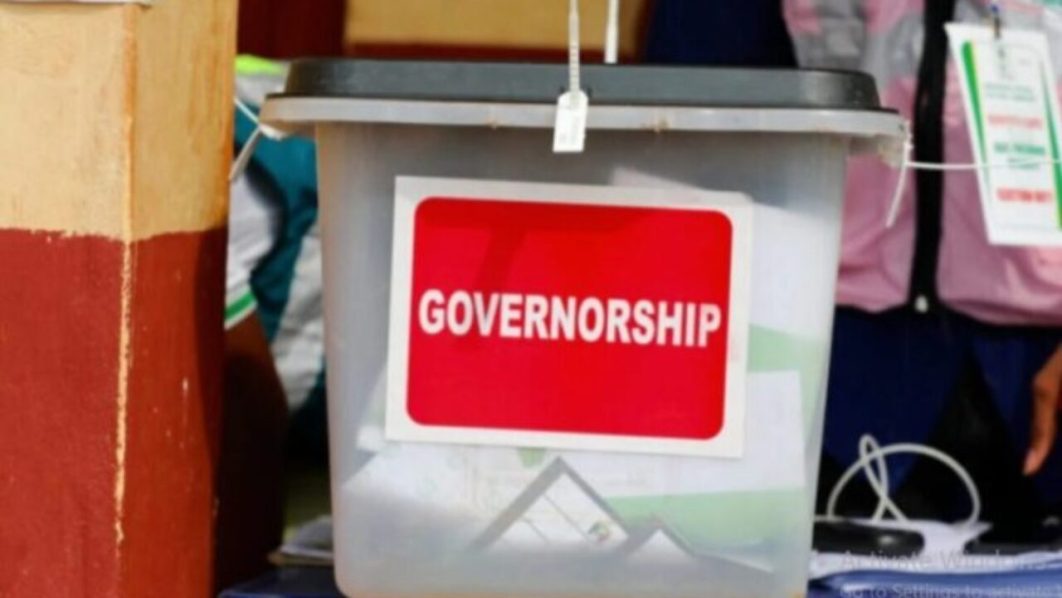
Nigeria, as Africa’s most populous nation, is a tapestry of diverse cultures, ethnicities, and socioeconomic backgrounds, traversing over 200 million people spread across 300 tribes in 36 states. Its political spectrum reflects this diversity, encompassing a wide range of ideologies and interests. Edo is a mini Nigeria, having its fair share of ethnic groupings, which weaves a colorful fabric of diversity.
In the dynamic landscape of Edo State, a symphony of political aspirations is unfolding as the eagerly anticipated 2024 gubernatorial election approaches.
The stage is set for a diverse array of candidates, each wielding their unique baton of leadership, to compete for the orchestration of Edo’s future. In Nigeria, where the federal system superintends, sub-national elections often serve as a barometer for the political climate at the national level.
Edo’s election is no exception. The outcomes here will echo through the corridors of power in Abuja, influencing national policies and political dynamics, to give political instrumentalists a vantage position.
As the overture of this political spectacle commences, the candidates form a varied ensemble, tuning their political instruments in preparation for a grand performance that aims to resonate deeply with the citizens of Edo. The crescendo of promises reverberates through the streets, with each contender pledging to conduct the state toward unprecedented levels of prosperity and progress.
The conductor of Edo’s political symphony has yet to be revealed, but the candidates are already engaged in a harmonious convergence of campaigns. Their voices intertwine in a complex melody of policies and proposals, creating a tapestry that reflects the diverse needs and aspirations of the Edo populace. Some candidates, seasoned performers, bring with them the weight of experience and expertise, while others, newcomers to the political stage, offer melodies that are fresh and untested, filled with the promise of innovation and transformative change.

As the symphony approaches its climax, the people of Edo assume the role of the audience, wielding their ballots as instruments of choice. With attentive ears, they scrutinize each candidate’s composition, evaluating the nuanced notes and chords that make up their political vision. Ultimately, their votes will determine the final cadence of the Edo political symphony.
The gubernatorial race transcends a mere political contest; it stands as a testament to the resilience and determination of the Edo people. It symbolizes a celebration of their democratic spirit, showcasing an unwavering belief in the transformative power of the ballot to shape their collective destiny.
Simultaneously, the ensemble features rising stars and political newcomers who inject fresh and potentially transformative energy into the composition. These candidates, unburdened by the constraints of traditional politics, present innovative ideas and novel approaches to addressing longstanding challenges. Their melodies, though untested, hold the promise of resonating with a younger, more dynamic demographic eager for change.
As the crescendo of the election approaches, the diverse voices of Edo’s citizens blend with those from across the nation, creating a symphony of democratic expression that reverberates through the annals of Nigerian political history.
The outcome in Edo will be more than the selection of a governor; it will be a reflection of the collective aspirations, values, and expectations of a nation united in its pursuit of a brighter future.
Will this be a harmonious melody marked by progress and prosperity, or a discordant dirge resonating with disappointment and despair? Only time will unveil the composition, but one certainty remains: the people of Edo will be the conductors of the finale, orchestrating the destiny of their state with the power of their votes.
Benedict Aguele is writing from the federal capital territory. He can be reached at [email protected]
[ad unit=2]






